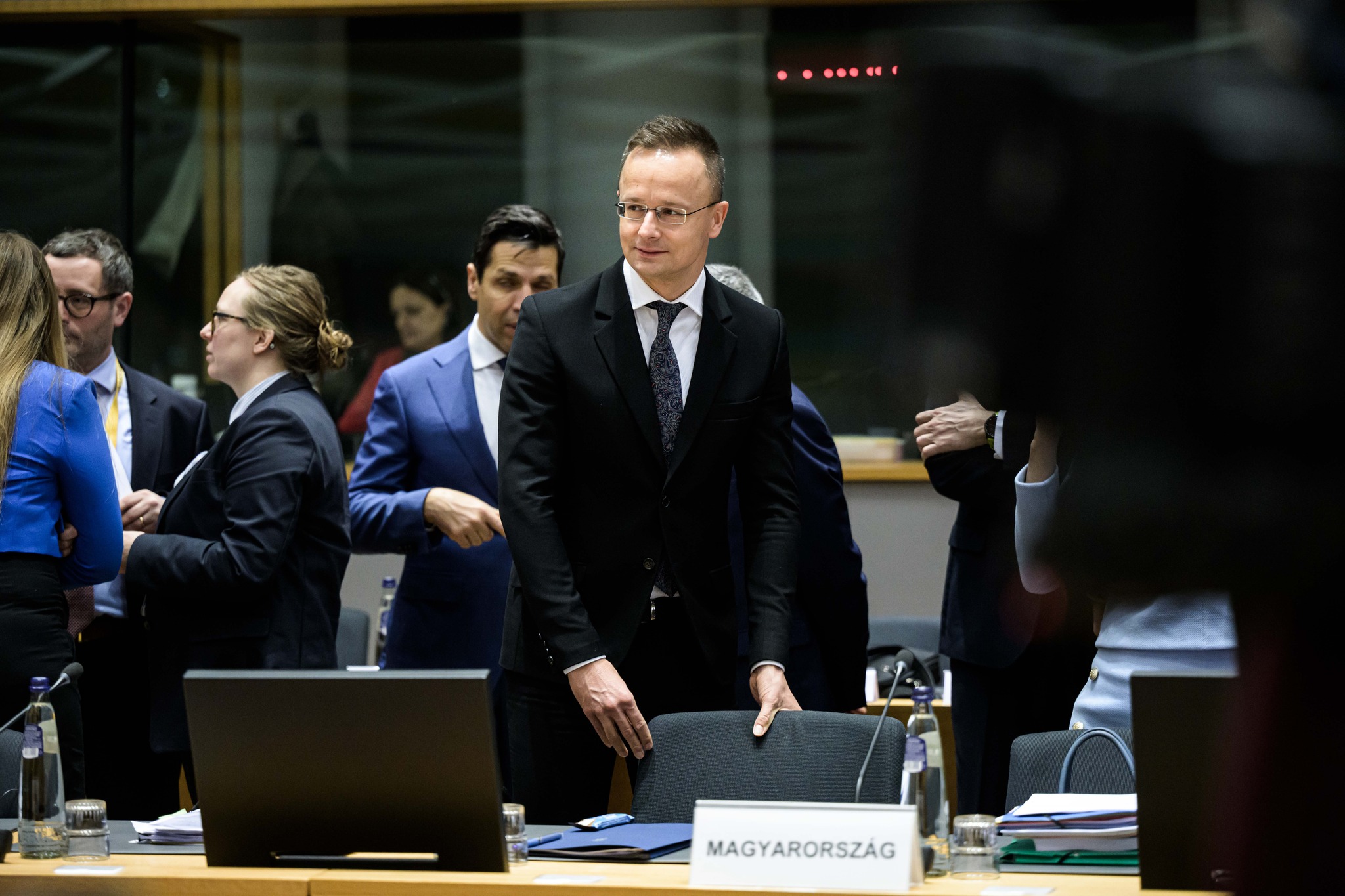
The European Commission's proposal would require a 15 percent cut in the use of natural gas even during summer.Continue reading

The war in Ukraine has only losing sides, because in this war people are dying, so talking about winners is meaningless, Péter Szijjártó told the BBC’s Hard Talk program. The Hungarian Foreign Minister also touched on the issues of energy supply and food imports from Ukraine.
We want the war to end as soon as possible, because it is taking place in our neighborhood with immediate and serious consequences, emphasized Péter Szijjártó. He stressed that there is a large Hungarian community in the western part of Ukraine, many of whose members are being conscripted into the Ukrainian army, many of them are being sent to the front line, and many of them are dying. “So we want an immediate ceasefire, peace talks, and we want a peace agreement to be reached at last, which would put an end to the deaths of innocent people,” he emphasized.
He stressed that the Hungarian position has been clear since the beginning of the war: Hungary condemns the war in the strongest possible terms, they stand by Ukraine’s territorial integrity and sovereignty, without any doubt or question.
The minister added that it would be very bad if NATO were involved in this conflict, because it would mean the outbreak of a third world war the next day. He added that there are member states that are supplying arms and other military equipment to Ukraine, but Hungary is not doing that. Instead, Hungary is carrying out the biggest humanitarian operation in its history.
On the economic aspect of the war, on Russian energy, Szijjártó commented that
energy supply is a physical issue, not an ideological and political one, because it is impossible to supply the economy with gas or oil or to heat houses and apartments with ideology or political statements.
So, as long as the infrastructure network forces us to cooperate with the Russians to ensure a secure energy supply for our country, we must and will cooperate with them, the foreign minister said.
Szijjártó also called it fake news that new agreements had been reached with Russia, after he had recently visited Moscow. “We have not concluded any new agreement, because our agreement on nuclear energy was signed in 2014, nine years ago. On gas, the last long-term contract was signed in 2021, almost two years ago. We also have a long-term oil contract that we signed many years ago. There are no new agreements.”
He stressed that
Hungary is looking for alternative solutions, but for example, in order to supply gas from Azerbaijan, a number of infrastructure developments are needed in the south-eastern part of Europe.
He added that they contacted the European Commission, together with Romanian, Bulgarian, Greek, and Turkish colleagues, to provide funding for such projects, but no real commitment from the European Commission had been made so far. Hungary has also contacted the Poles as they are expanding their liquefied natural gas (LNG) capacity, so if more LNG comes to Poland, Hungary will be able to buy from there, but this will only happen in three to four years.
The minister said the question is how to ensure the country’s energy security now, today and tomorrow. As long as there is no physical possibility to replace the transport routes through which energy carriers are delivered to the country, they cannot give up this cooperation. “Until somebody can give me an answer as to what other routes and what other sources serve our security of energy supply, we cannot abandon these agreements.”
Asked about the blocking of food imports from Ukraine, Szijjártó said that Hungary is neither the first nor the only country to make such a decision. The original objective of the agreement was to support Ukraine in exporting grain and other foodstuffs from Ukraine to those parts of the world where the lack of Ukrainian exports could cause food shortages.
He underlined that more than $3 million had been donated for this purpose when the President of Ukraine had requested it and transit routes had been opened through Hungary, but the exported grain and food simply got stuck in Central Europe. That was not the agreement, that was not the aim, and that was not what was agreed, he emphasized, adding that the grain and other foodstuffs that flooded Central Europe, especially Hungary, caused enormous difficulties for Hungarian agriculture and Hungarian farmers.
Featured photo via Facebook/Péter Szijjártó